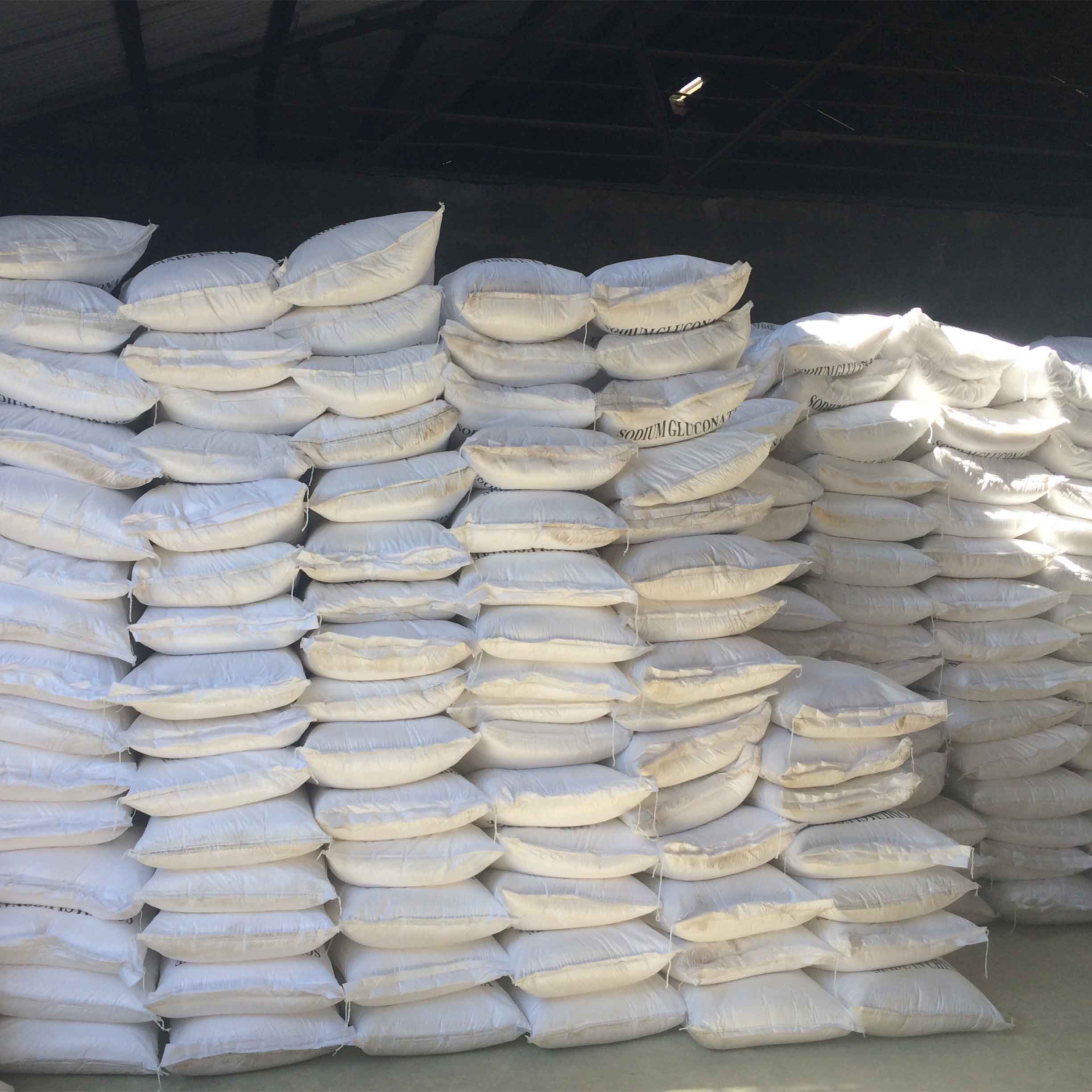
Th7 . 22, 2024 01:24 Back to list
The Benefits of Using Ammonium Sulfate Fertilizer for Optimal Blueberry Growth and Yield
The Benefits of Ammonium Sulfate Fertilizer for Blueberries
Blueberries are a popular and nutritious fruit that thrive in acidic soils, making them a favorite among gardeners and commercial growers alike. One essential aspect of cultivating healthy blueberry plants is the use of the right fertilizer. Among the various fertilizers available, ammonium sulfate stands out as an excellent choice for supporting the growth and fruiting of blueberries. This article explores the benefits and application of ammonium sulfate fertilizer for blueberry cultivation.
Understanding Ammonium Sulfate
Ammonium sulfate is an inorganic salt formed by the reaction of ammonia and sulfuric acid. It contains two vital nutrients nitrogen and sulfur. The nitrogen in ammonium sulfate is in the ammonium form, which plants can readily absorb. This makes it particularly effective for crops like blueberries that require nitrogen for healthy growth, particularly during the growing season.
Importance of Nitrogen for Blueberries
Nitrogen is a crucial nutrient for all plants, and blueberries are no exception. It plays a vital role in various physiological functions, including chlorophyll production, photosynthesis, and overall vegetative growth. Healthy blueberry plants need a sufficient amount of nitrogen to develop lush green foliage and produce abundant fruits.
The Role of Sulfur
Sulfur, another key component of ammonium sulfate, is essential for protein synthesis and enzyme function. It also contributes to the synthesis of vitamins and amino acids, which are critical for the overall health of the blueberry plant. Additionally, sulfur helps to lower the pH of the soil, maintaining the acidic conditions that blueberries prefer.
Benefits of Ammonium Sulfate for Blueberries
ammonium sulfate fertilizer for blueberries

1. Acidifying Effect One of the most significant benefits of ammonium sulfate is its ability to acidify the soil. Blueberries thrive in soils with a pH between 4.5 and 5.5. By applying ammonium sulfate, growers can help create and maintain the desired acidic conditions essential for optimal nutrient uptake.
2. Improved Nutrient Availability The application of ammonium sulfate enhances the bioavailability of other nutrients in the soil. In acidic conditions, essential micronutrients such as iron and manganese become more accessible to blueberry plants, promoting healthy growth and fruit development.
3. Promotes Leaf Growth and Fruit Production Adequate nitrogen supply from ammonium sulfate fosters lush stem and leaf growth, which in turn enhances photosynthesis. A well-developed canopy not only improves fruit set but also contributes to higher yields.
4. Reduced Soil Compaction The use of ammonium sulfate can help improve soil structure by promoting the growth of beneficial microbial populations. Healthier soils can lead to better water retention and root penetration, which are vital factors in the growth of blueberry plants.
Application Guidelines
When applying ammonium sulfate, it is essential to follow recommended guidelines to avoid over-fertilization, which could harm the plants. Typically, a general recommendation is to apply 0.5 to 1.5 pounds of ammonium sulfate per 100 square feet of growing area, adjusted based on soil tests and specific plant needs. The fertilizer can be applied in early spring, as the plants begin to grow, and again after harvest to support new growth.
Conclusion
Ammonium sulfate is an effective fertilizer for blueberry cultivation, offering essential nutrients that promote healthy growth and maximize fruit yield. Its ability to acidify the soil, improve nutrient availability, and support overall plant health makes it an invaluable resource for blueberry growers. By using ammonium sulfate wisely, gardeners and farmers can ensure their blueberry plants remain vibrant, productive, and luscious, ultimately leading to a successful harvest.
-
High-Quality NPK Fertilizer Raw Material Manufacturer & Supplier Trusted Factory Exporter
NewsJul.08,2025
-
Organic 20-20-20 Plant Fertilizer Supplier Premium Organic Fertilizer Manufacturer
NewsJul.08,2025
-
Ammonium Sulfate Fertilizer Market - Leading Manufacturer, Supplier & Factory Solutions
NewsJul.08,2025
-
Premium Water Soluble Fertilizer 20-20-20 Reliable Manufacturer & Competitive Prices
NewsJul.07,2025
-
10-52-10 Fertilizer Supplier – Premium NPK Compound & Granular Fertilizers for Crop Growth
NewsJul.07,2025
-
Best Blueberry Organic Fertilizer - Premium Factory & Supplier Boost Your Blueberry Yield
NewsJul.07,2025
